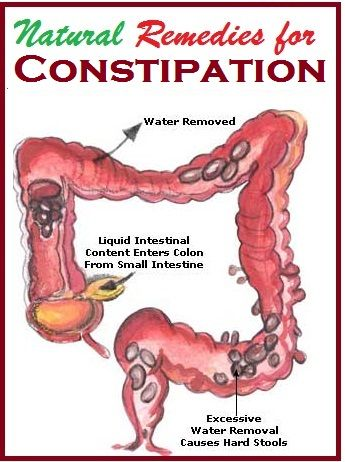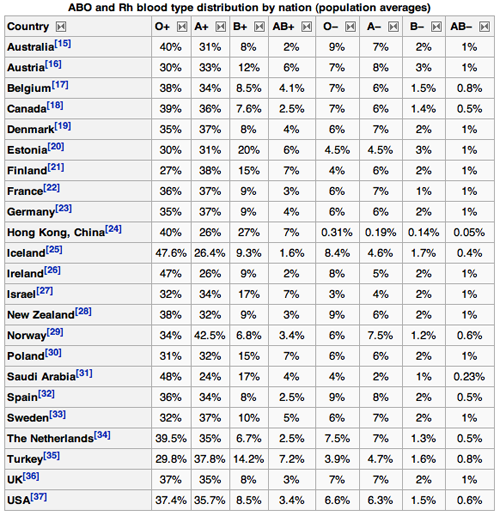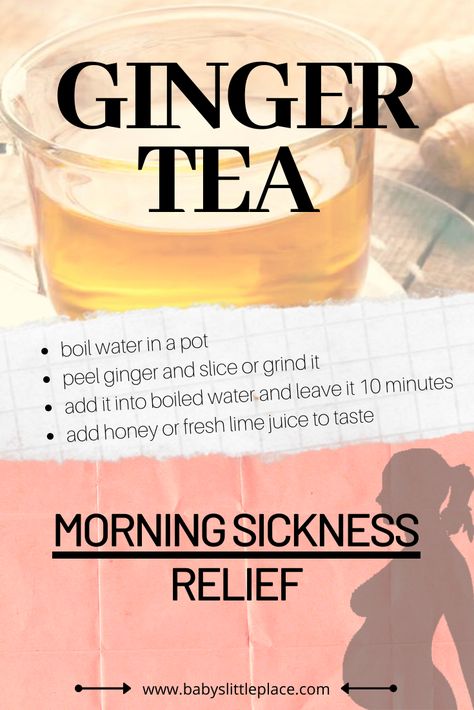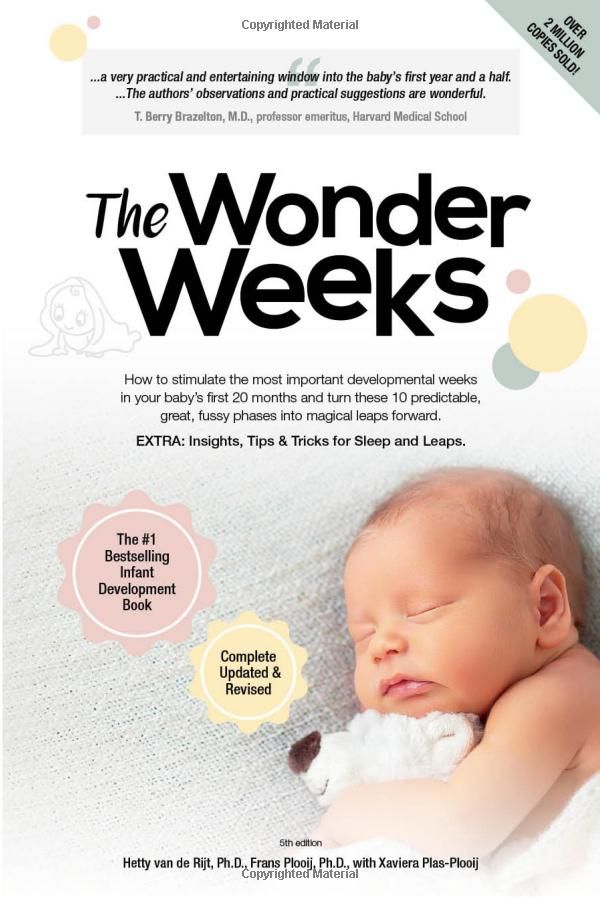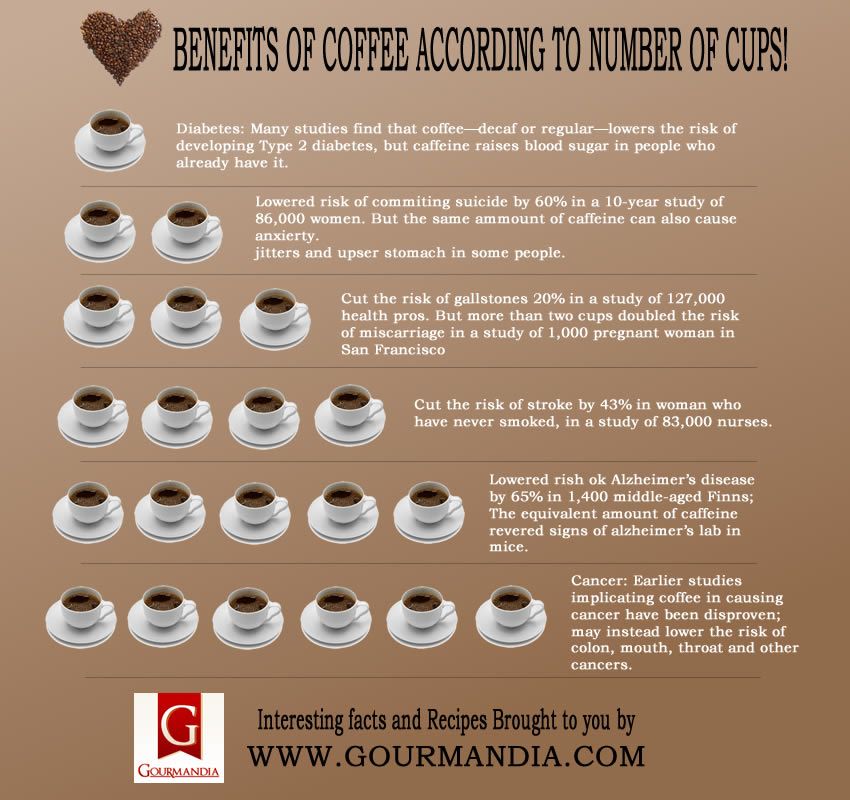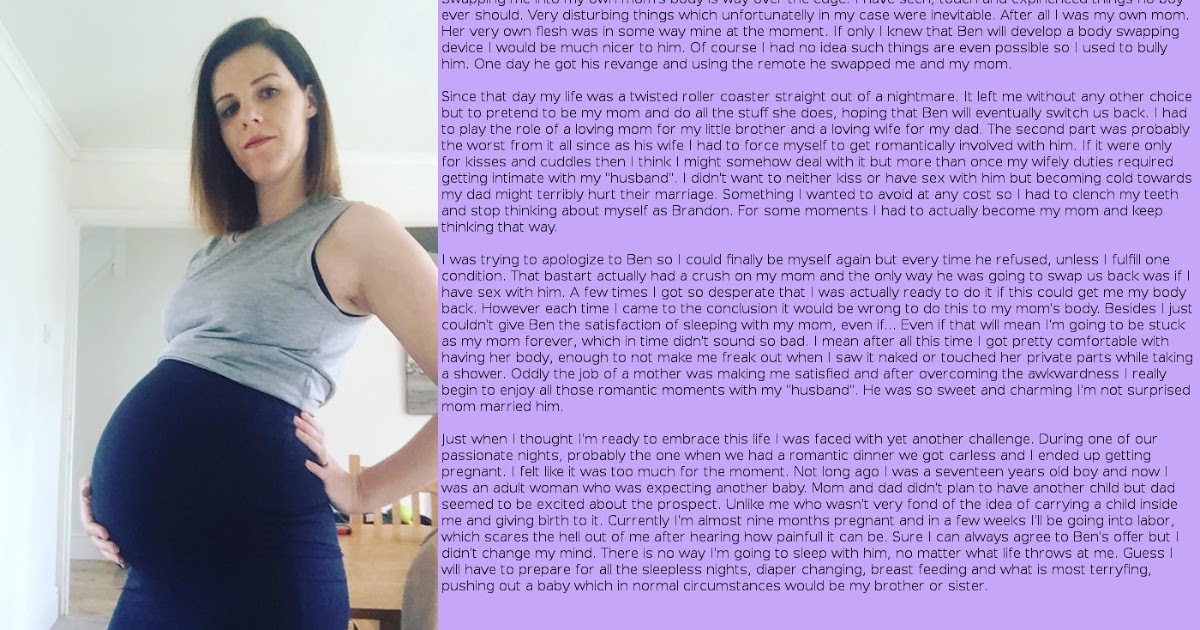Labor or constipation
Can Labor Pains Feel Like Constipation? Pregnancy Complications
What does labor pains feel like? Ask your sister, mother, or friends about their experience and you’ll hear very different stories. This is because every woman, every pregnancy, and consequently every birth is different.
We all know the distinct stages of labor, but when it comes to labor pains there isn’t a definitive guide we can refer to. Hence, we have to rely on analogies. It’s easier to explain the labor pain one experiences right before delivery because it’s sharp, intense, and in most cases quite unbearable.
What’s harder to explain, are the labor pains experienced in the early stages of labor. These labor pains are less intense and may not even be noticeable at first. A lot of women feel that they are like menstrual cramps or constipation.
Can Labor Pains Feel Like Constipation?
Does labor feel like constipation?, the answer is yes. When you enter the first stage of labor, your body may experience slight discomfort as well as pain in the lower abdomen which is similar to the feeling you get when you’re having constipation. You may also feel some pain in your stomach along with some cramping.
This is completely normal and generally happens between the 37th and 40th week of pregnancy. According to the American College of Obstetricians and Gynecologists, you can be certain that labor has begun once you start seeing other signs such as an increase in vaginal discharge, seeing a plug of mucus, and feeling that the baby has dropped.
If the discomfort comes and goes, it may be false labor or Braxton-hicks contractions. One way to check if you’re having true labor pains is to do gentle exercise. Braxton Hicks contractions are less noticeable during exercise while labor pains are still noticeable. Today, even wearables can help you track your contractions.
While it is common to have the constipation-like feeling, lower abdominal cramps, and a dull backache after the 37th week of your pregnancy, it is a cause of concern if these symptoms show up before you in this time frame. This could be an indication of pre-term labor.
This could be an indication of pre-term labor.
If the pain is accompanied by bleeding, pelvic pressure, watery fluid leaking from the vagina, or increased vaginal discharge, it is important to contact your physician as soon as possible. This will help in avoiding any pregnancy complications.
The good news is that pre-term labor may not always result in the birth of a premature baby. Today, doctors can delay or stop the labor through different treatments, enabling the baby to stay inside the womb for longer. These treatments help the uterus to relax and give the baby time to develop.
Pregnancy Complication Or Just Plain Old Constipation
While it is true that labor pains may feel like constipation, it is also true that constipation and gas are very real concerns when it comes to pregnancy. Sometimes, constipation can cause cramping and shooting pain in the abdomen which may seem like a contraction. This gives you an impression that you’re experiencing labor.
In the case, where the constipation-like feeling is not accompanied by any other symptoms it may just be tightening of the stomach caused by constipation.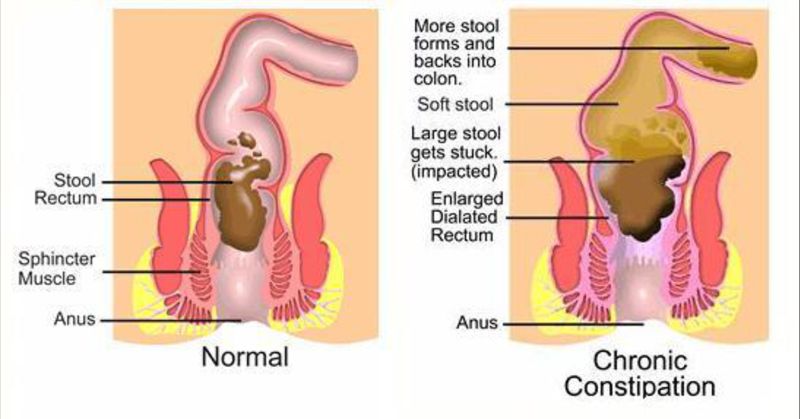 During pregnancy, changing hormones and vitamins and iron supplements can slow down the gastrointestinal tract causing constipation.
During pregnancy, changing hormones and vitamins and iron supplements can slow down the gastrointestinal tract causing constipation.
That’s why it’s extremely important to watch your diet and water intake during pregnancy. Drinking around 10-12 glasses of water, eating fiber-rich foods, and including light exercise in your routine can help you avoid constipation and, consequently, other pregnancy complications that come with it. There are also a few health and wellness tips that you can follow to ensure that you keep these pregnancy complications at bay.
Are You Concerned About Your Pregnancy? Consult With Certified Online Doctor
In Conclusion . . .
Finally, it’s important to remember that every pregnancy and labor journey is different. Hence, it’s always a good idea to speak to a physician, particularly when you have concerns about labor pains and cannot understand what you’re feeling. If you have any specific queries, chat with one of our doctors today.
Author: Erum is a public relations professional who specializes in technology comms.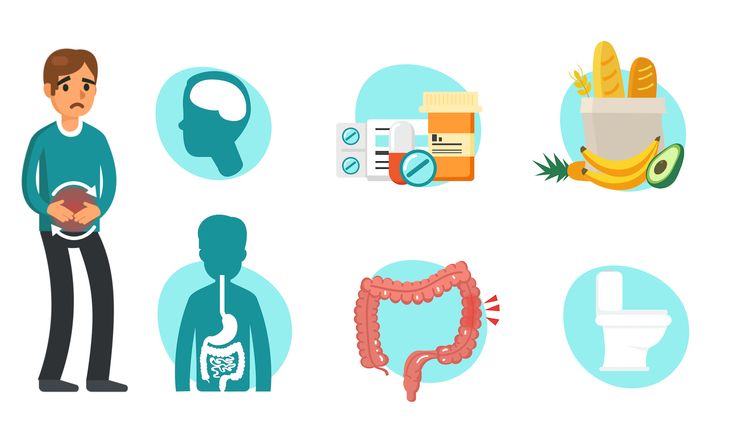 She is an avid reader, a travel enthusiast, and a self-proclaimed storyteller. Before joining the content team at Your Doctors Online, Erum was the PR manager at Hill & Knowlton Strategies and was handling communications and content strategy for a diverse portfolio of brands. She is also a new mom who is finding her way around motherhood.
She is an avid reader, a travel enthusiast, and a self-proclaimed storyteller. Before joining the content team at Your Doctors Online, Erum was the PR manager at Hill & Knowlton Strategies and was handling communications and content strategy for a diverse portfolio of brands. She is also a new mom who is finding her way around motherhood.
Is Constipation A Sign Of Labor? Here's Why You're So Uncomfortable
Pregnancy
nd3000/Fotolia
Here's why you're so uncomfortable
by Cat Bowen
Updated:
Originally Published:
In the last weeks of gestation, mothers-to-be often find themselves in the strange position of pregnancy prognosticators, evaluating each tiny fluctuation of their body's processes and deciding whether or not it means the baby is coming. From headaches to nausea to digestive issues, all symptoms are possible signs of oncoming labor to the mom desperate to deliver. One of the more uncomfortable potential manifestations of childbirth is constipation. But is constipation a sign of labor, or is it a more benign symptom of pregnancy overall?
From headaches to nausea to digestive issues, all symptoms are possible signs of oncoming labor to the mom desperate to deliver. One of the more uncomfortable potential manifestations of childbirth is constipation. But is constipation a sign of labor, or is it a more benign symptom of pregnancy overall?
When your body is backed up, the symptoms can be brutal for a pregnant woman. Not only are you already "full" so to speak, when you have additional unwanted weight through the inability to process your body's waste, your body feels like it has run out of room. It's painful, it's frustrating, and the pressure of it can be really confusing because the symptoms so closely mirror those of labor.
But that doesn't mean your baby is on the way. "Constipation is not a sign of labor, but it is a very common symptom of pregnancy," Dr. Jonathan Schaffir, OB-GYN at The Ohio State University Wexner Medical Center tells Romper. "Bowel motility (the speed that stool moves through the gut) is slowed down by the hormones of pregnancy, and more fluid gets absorbed. "
"
The Journal of Obstetric, Gynecologic, and Neonatal Nursing also noted that constipation isn't a sign that labor is imminent, but since it is a common complaint of late pregnancy, that means that it could be a bigger problem around the same time you'd be feeling contractions.
Olena Yakobchuk/ShutterstockAn article in Progress in Nutrition also suggested that constipation in late pregnancy is one of those common symptoms that happens so frequently, it's not even studied that much anymore. It's considered par for the course during the last weeks, and patients are just advised to eat lots of fiber, drink lots of water, and exercise. Researchers wrote that "fetal development in late gestation causes intestinal malrotation." In simple terms, that means that your baby is growing so large that they're rearranging your insides, pressing up against and possibly twisting parts of your digestive tract, slowing things way the heck down.
But there might be a different type of bathroom issue happening before labor. Sutter Health's website noted that all that constipation sometimes ends spectacularly right before you go into labor. The hormones that cause contractions speed up the motility of your digestive process, and the floodgates open.
Sutter Health's website noted that all that constipation sometimes ends spectacularly right before you go into labor. The hormones that cause contractions speed up the motility of your digestive process, and the floodgates open.
Schaffir also tells Romper that the "treatment" some pregnant people try to relieve themselves of constipation could entice labor if you're full-term. "To overcome constipation, some women may use laxatives. Although they are not generally effective in inducing contractions, there is some evidence that castor oil in particular may contribute to labor contractions," he says.
I didn't take castor oil, but I've never felt my digestion move at such a quick pace before as I did the day before I had my son. I'd just walked about 11 miles earlier in the day, and after dinner, I felt the initial rumblings. Two hours later I was begging for mercy, or at least for my butt to quiet down long enough for me to get some sleep. I had no idea it was a sign of labor at the time, but when the contractions hit early that morning, I had some clue. When my doctor asked me about the night before — what I'd done, what I'd eaten — she wasn't remotely surprised that my behind was glued to the porcelain throne all night. Thankfully, I was so cleaned out I didn't poop on the table, so I'm calling it a win.
When my doctor asked me about the night before — what I'd done, what I'd eaten — she wasn't remotely surprised that my behind was glued to the porcelain throne all night. Thankfully, I was so cleaned out I didn't poop on the table, so I'm calling it a win.
If your constipation is bothering you, or if you think you're quite possibly about to drop a baby in your kitchen when making snacks for your toddler, talk to your provider. They're pretty good at predicting what your poop, or lack thereof, means.
Experts:
Dr. Candice Fraser, OB-GYN with Your Doctors Online
Dr. Jonathan Schaffir, OB-GYN at The Ohio State University Wexner Medical Center
Studies Referenced:
Beebe, K. R., Gay, C. L., Richoux, S. E., & Lee, K. A. (2017). Symptom Experience in Late Pregnancy. Journal of Obstetric, Gynecologic & Neonatal Nursing, 46(4). Retrieved from https://www.sciencedirect.com/science/article/pii/S0884217517302575
Zahoor, S. , Babar, M. E., Javed, M. M., & Hussain, T. (2018). Constipation in pregnancy: causes and remedies. Progress in Nutrition, 20(1-S), 305-311. https://doi.org/10.23751/pn.v20i1-S.5788
, Babar, M. E., Javed, M. M., & Hussain, T. (2018). Constipation in pregnancy: causes and remedies. Progress in Nutrition, 20(1-S), 305-311. https://doi.org/10.23751/pn.v20i1-S.5788
This post was originally published on Sep. 25, 2018. It was updated on Sep. 6, 2019. Additional reporting by Samantha Darby.
This article was originally published on
Intestinal constipation: causes, treatment, diet
Every person faced the problem of constipation at least once in his life. If difficulties with bowel movements are observed regularly, then the pathology has acquired a chronic form. In chronic constipation, bowel movements occur less than 3 times a week. At the same time, the chair itself is rare and hard. A constipated person spends more time on the toilet than usual. In the process of defecation, the straining time increases.
Causes of constipation
Intestinal constipation can occur for various reasons.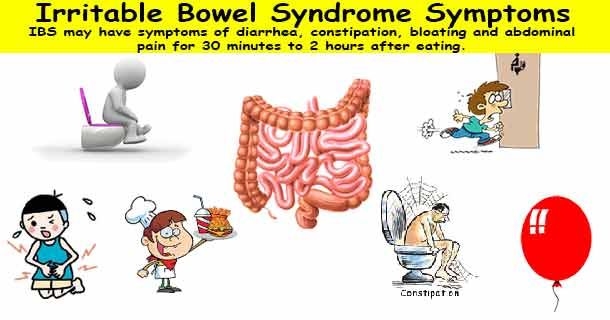
The first cluster of causes is associated with congenital or acquired pathologies of the large intestine:
- anal fissures
- polyps
- internal and external hemorrhoids
- tumors
- megarectum
- megadolichosigma
- atresia
The second type of causes of constipation include concomitant diseases of the digestive, endocrine and genitourinary systems.
There are also a number of causes of unknown origin, due to which the motility of the rectum and colon is impaired.
Functional constipation can be caused by malnutrition. Eating low in dietary fiber, as well as taking certain medications (diuretics, antidepressants, iron supplements, antacids, anticholinergics) interfere with bowel movements.
A few more causes of chronic constipation:
- wrong way of life
- "knocked down" day and night mode
- lack of physical activity
- low fluid intake (body dehydration)
- "inert" colon syndrome (slow movement of feces)
Special mention should be made of constipation during pregnancy - due to the internal pressure of the fetus, there may be a delay in bowel movements.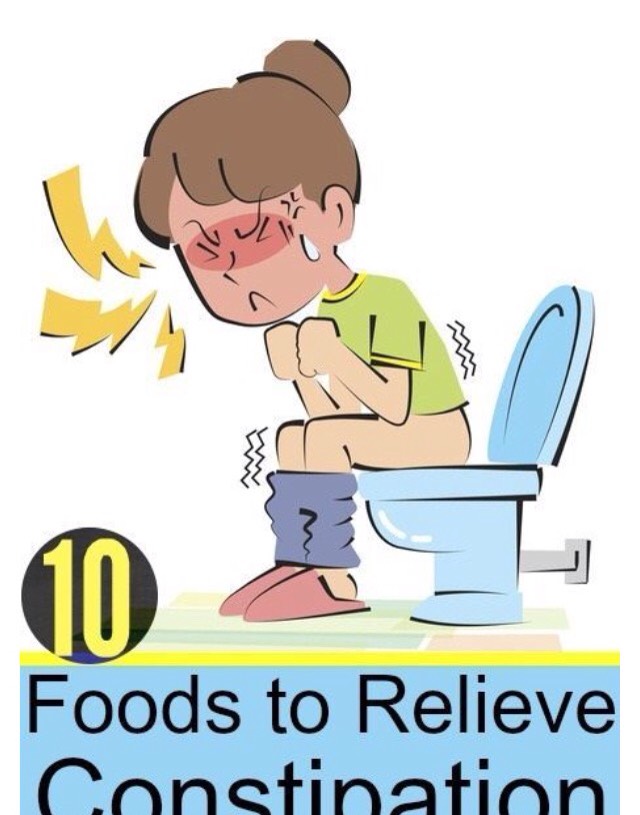
Treatment of constipation
People who have problems with bowel movements often ask themselves the question: what to do with constipation? The treatment of constipation, including chronic constipation, is aimed at eliminating the primary pathology that resulted in the problem, as well as changing lifestyle, diet, working conditions, etc.
For the treatment of constipation, a proctologist or gastroenterologist should be consulted. Frequent constipation can be a sign of serious diseases of the stomach and intestines, so we do not recommend self-medication: it would be wiser to make an appointment with a trusted specialist.
Qualified doctors of the Naedine Clinic will conduct a complete examination of the gastrointestinal tract, establish the root cause of the problem and choose the appropriate method of treatment.
Medications are widely used in the treatment of constipation. The type of medication, dose and duration of administration are calculated individually for each patient.
Diet for constipation
Doctor prescribes a special diet for constipation . It is necessary to eat foods rich in fiber daily, for example:
- wheat, oatmeal, pearl barley, buckwheat cereals
- vegetables (carrots, beets, marrows)
- wholemeal bread
- bran
- fruits and berries, including dried fruits (figs, prunes, dates, dried apricots, bananas, non-sour apples)
- vegetable and fruit juices
- fermented milk products (kefir, curdled milk, acidophilus)
- olive, sunflower, linseed, corn oil
Food should be taken 4 times a day. The amount of fluid consumed for constipation should be at least 1.5 liters per day.
The patient must "learn" to go to the toilet to empty his bowels in the morning. With the right treatment regimen, the patient will be able to walk “in a big way” every 1-2 days.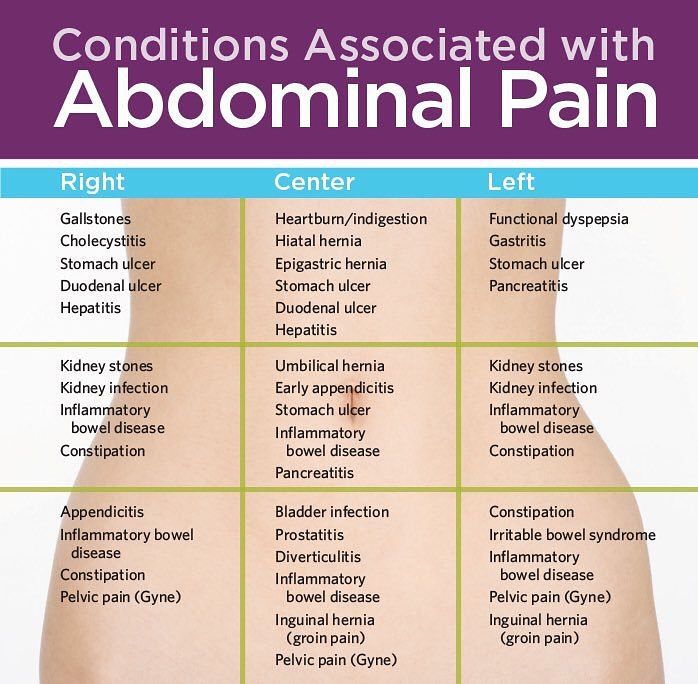
Sign up for a consultation with a proctologist at the Naedine Clinic by phone (8332) 32-7777 or through the online appointment form on our website!
Constipation as a disease of civilization
Constipation or absence of daily stools - who has not encountered this problem with a modern lifestyle? According to statistics, such people are almost never found. At the same time, the topic is so intimate that it is not customary to talk about it openly, discuss it with family or friends, not to mention the thought of contacting and telling everything to the doctor. Another thing, for example, peptic ulcer disease. There is a lot of talk, discussion and advice about her. Although few people know that constipation is a very serious symptom and a major risk factor for colon cancer. With stool retention, toxins accumulate in the intestines, which damage the cells of the colon mucosa and trigger the neoplasm mechanism, thereby increasing the risk of developing intestinal cancer.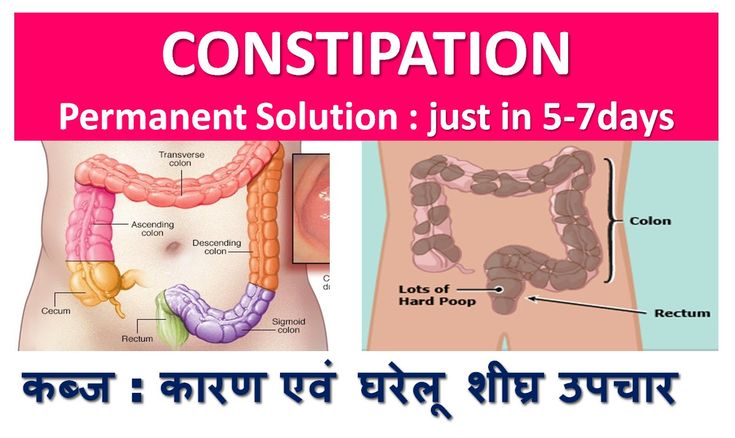 Conversely, daily bowel movements are a preventive measure against oncological diseases of the gastrointestinal tract. It becomes clear how important this topic is in a period of serious growth in the number of oncological diseases.
Conversely, daily bowel movements are a preventive measure against oncological diseases of the gastrointestinal tract. It becomes clear how important this topic is in a period of serious growth in the number of oncological diseases.
What is chronic constipation?
Quite often doctors and patients use the term “constipation” to mean different manifestations. For the patient, this is most often a decrease in the frequency of going to the toilet. At the same time, for one person, a stool every 5 days is habitual and not causing concern, and for another, a stool in a day will already be constipation.
In medicine, there is a clear definition of this concept. Constipation is a violation of the function of the colon with a decrease in the frequency of stools less than 3 times a week, with a change in its consistency to a dense one (in the form of “separate hard lumps of feces or nuts” or “feces of normal shape, but with hard lumps”), with forced straining occupying more than 25% of the time spent in the toilet.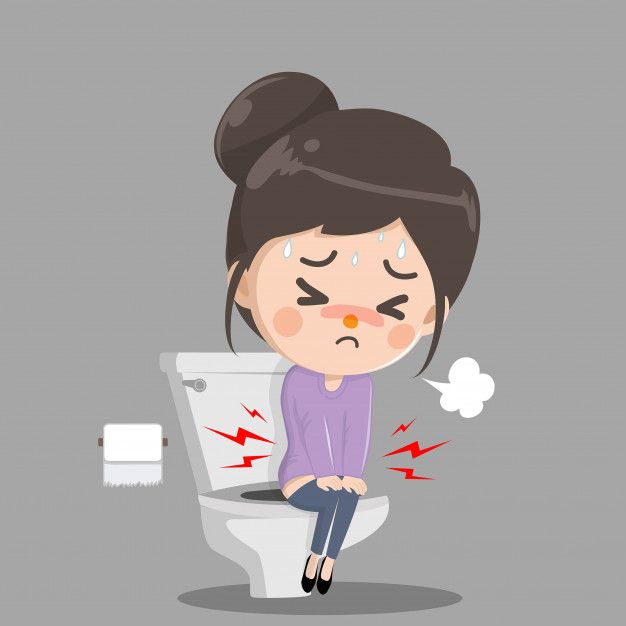
Is the lack of regular stools a diagnosis or a symptom?
From the point of view of experts, chronic constipation is an independent disease, but often it is also a harbinger of the development of other chronic diseases and not only the gastrointestinal tract. It is now established that the appearance of hard and irregular stools may precede the development of Parkinson's disease by more than 10 years. This leads to the conclusion that constipation is a factor reflecting the likelihood of developing age-related neurological (neurodegenerative) diseases, including Alzheimer's disease and age-related dementia, which are especially difficult to detect at an early stage.
Now consider situations where constipation is a symptom of other diseases.
Constipation and polyps of the colon
As is known, polyps and other neoplasms occupy a leading position in oncopathology at present, especially in older age groups. In the presence of colon polyps and other neoplasms, there is a mechanical obstacle to the passage of intestinal contents, so there is a delay in stool and chronic constipation is formed.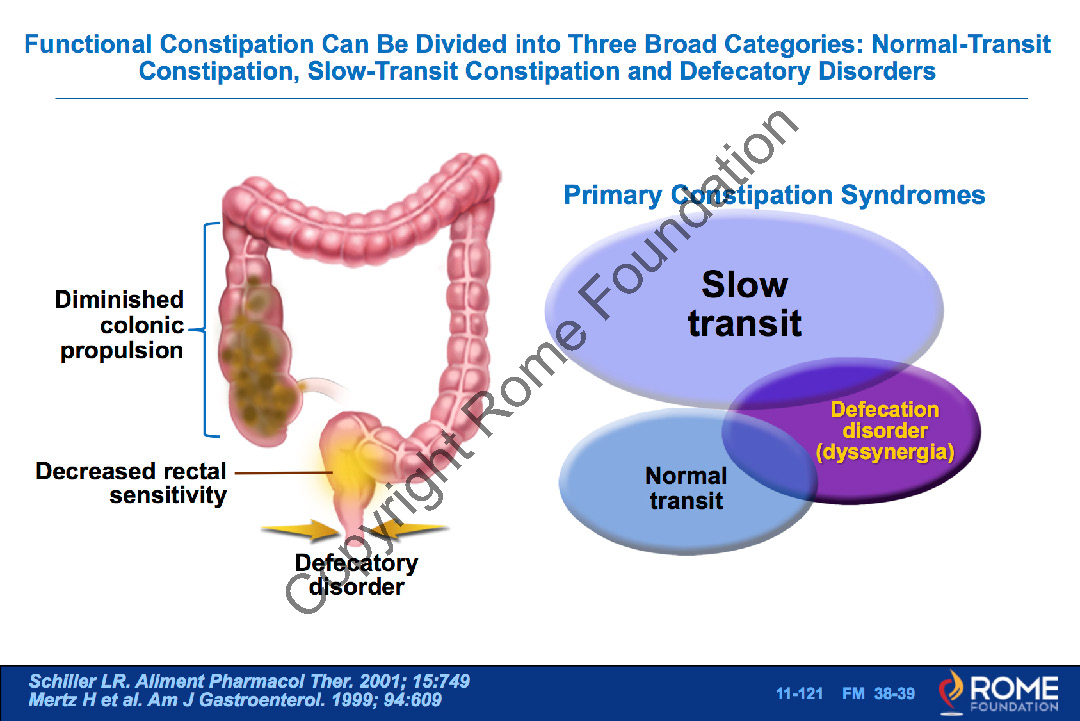 Screening with fecal occult blood and inflammation, and if necessary, video colonoscopy is an important diagnostic tool in refining the diagnosis of chronic constipation.
Screening with fecal occult blood and inflammation, and if necessary, video colonoscopy is an important diagnostic tool in refining the diagnosis of chronic constipation.
Constipation and thyroid
Constipation can be a symptom of a thyroid disease, namely hypothyroidism. With a deficiency of thyroid hormones, the intestines become "lazy", which leads to the formation of fixed stools. Determination of the level of thyroid hormones is recommended for everyone in case of hardened stools.
Constipation as a side effect of drug therapy
Chronic constipation is a common complaint in patients who are forced to take 5 or more drugs at the same time due to concomitant chronic diseases. It turns out that the very fact of taking a large number of drugs at the same time causes a tendency to fix the stool. In such situations, the validity and expediency of taking each "pill" is necessary.
Constipation and emotional state
There is a phrase that from stinginess to constipation is one step.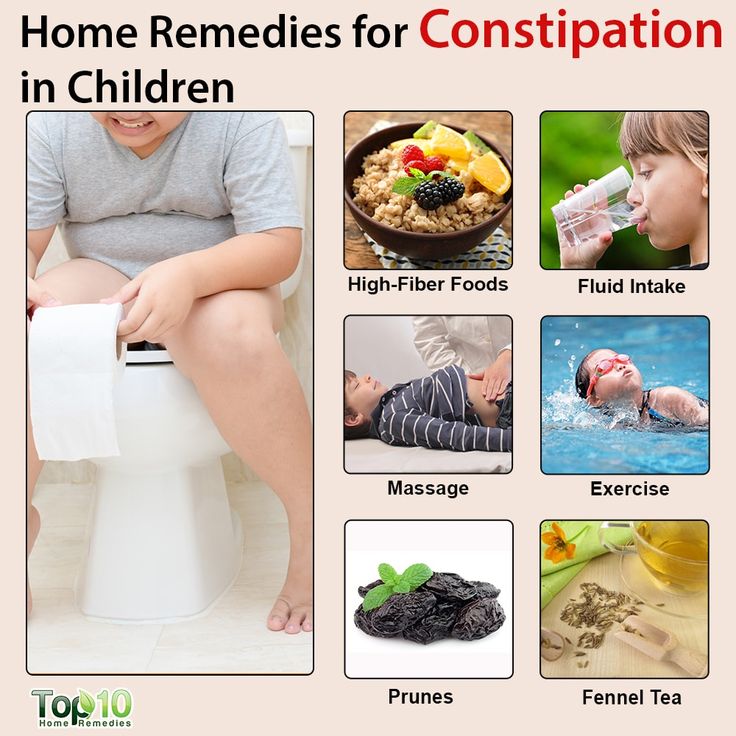 It has been noticed that if a person has excessive frugality and tries in every possible way to avoid spending of any kind, then he is so afraid to part with his "good" that, in the end, he begins to suffer from problems with the chair. According to experienced specialists, the inability to let go of something is often projected onto the emotional state. A person prone to over-economy is often unable to “let go” of old grievances, hatred, disappointment and other negative feelings, as a result of which they experience stress. Meanwhile, the modern rhythm of life: hard work, disruption of work and rest, the need for night work also leads to excessive production of stress hormones - adrenaline and cortisol, which reduce the motor activity of the colon. The ability to organize your regime of work and rest, to find a way to escape from the daily hustle and bustle and give vent to accumulated emotions is the key not only to the health of the gastrointestinal tract, but also to the whole organism as a whole.
It has been noticed that if a person has excessive frugality and tries in every possible way to avoid spending of any kind, then he is so afraid to part with his "good" that, in the end, he begins to suffer from problems with the chair. According to experienced specialists, the inability to let go of something is often projected onto the emotional state. A person prone to over-economy is often unable to “let go” of old grievances, hatred, disappointment and other negative feelings, as a result of which they experience stress. Meanwhile, the modern rhythm of life: hard work, disruption of work and rest, the need for night work also leads to excessive production of stress hormones - adrenaline and cortisol, which reduce the motor activity of the colon. The ability to organize your regime of work and rest, to find a way to escape from the daily hustle and bustle and give vent to accumulated emotions is the key not only to the health of the gastrointestinal tract, but also to the whole organism as a whole.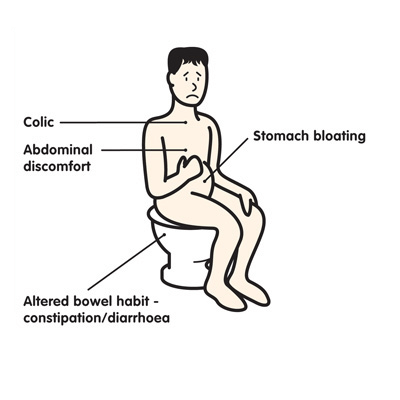
Nutrition as the basis of normal bowel function
By the 21st century, the development of the food industry has led to the fact that a person eats refined, repeatedly processed, often artificial foods that are well “digested”, which leads to problems not only of obesity, but also of chronic constipation. The lack of dietary fiber in the diet negatively affects the tone of our intestines, which becomes “lazy”. The main task of the intestine is to “take away” everything the body needs and “bring out” everything harmful, toxic, unused. And in order to “push through” that unnecessary intestinal contents, active motor work of the colon is necessary. The consumption of sufficient volumes of coarse dietary fiber (dietary fiber) starts this motor mechanism, and due to the ability of the fibers to retain water, it additionally leads to an increase in the volume of intestinal contents, thereby normalizing the motility of the “lazy” intestine.
Foods rich in dietary fiber include bakery products made from whole grains or containing a significant amount of bran, buckwheat, barley, oatmeal, nuts (almonds, peanuts, pistachios), fresh vegetables and fruits. According to the recommendations of the World Health Organization, the generally accepted norm is the intake of 25–35 g of fiber per day with food eaten. An interesting fact is that the inhabitants of some African tribes, who eat mainly vegetables, fruits and milk and almost do not eat meat, do not have constipation at all, while they naturally showed a decrease in the level of colon cancer.
According to the recommendations of the World Health Organization, the generally accepted norm is the intake of 25–35 g of fiber per day with food eaten. An interesting fact is that the inhabitants of some African tribes, who eat mainly vegetables, fruits and milk and almost do not eat meat, do not have constipation at all, while they naturally showed a decrease in the level of colon cancer.
How many times a day should I eat?
It turns out that regular food intake affects intestinal peristalsis. And all because after eating, the active work of the entire gastrointestinal tract begins: there is a release of enzymes and substances necessary for the digestion process, among which there is bile. And bile (a product of the activity of liver cells) is a natural stimulant of intestinal peristalsis. The formation of bile occurs continuously, but the entry into the small intestine is periodically and directly related to food intake. It is optimal to eat 4-5 times a day for the full functioning of the biliary system of our body and regular stools.
Why is it important to drink water?
One of the main functions of the large intestine is the reabsorption of water. In the "lazy" intestine, the contents spend more time, the time of reabsorption of water increases, as a result of which the contents "dry out", thicken, and decrease in volume. And the volume of feces is a necessary factor in the motor work of the intestine. Sufficient drinking regimen is one of the most important conditions for the normal functioning of the intestines. It is recommended to consume at least 1.5-2.0 liters of drinking water during the day, especially in the morning from 6 to 9morning. A glass of water on an empty stomach in the morning is a habit that can save your life in the future and certainly improve its quality.
Constipation and physical activity
At present, everyday life is arranged in such a way that a person does not have enough movement. Hypodynamia is the result of a modern urban lifestyle: transportation to work and back, office work, in turn, lead to the formation of a “lazy intestine”.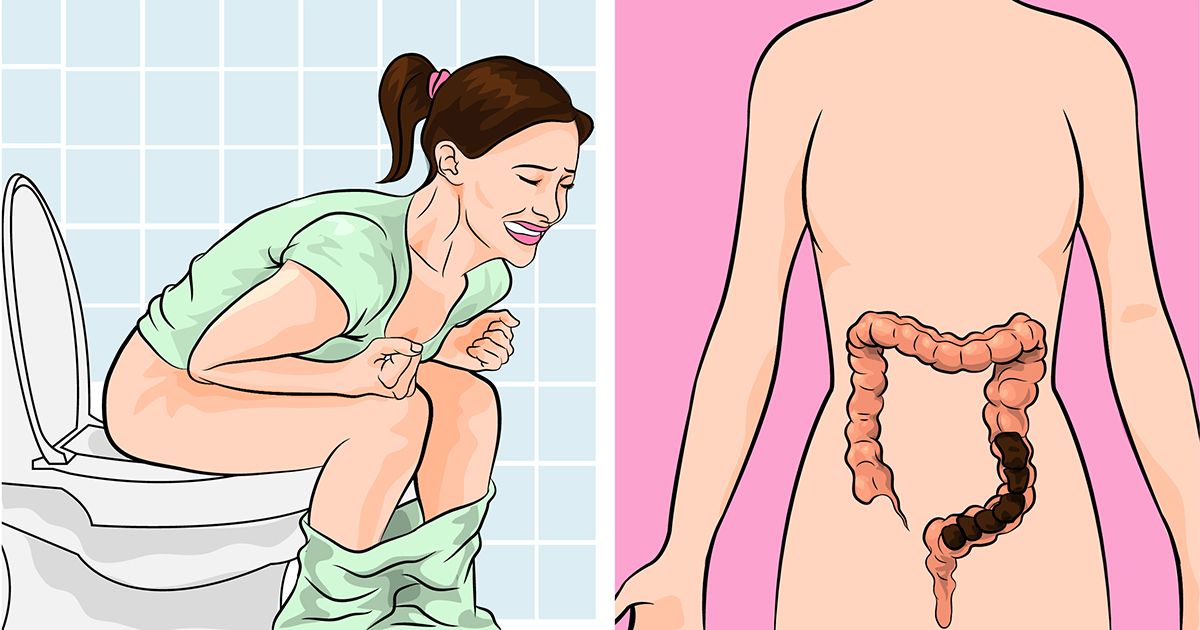 It has been established that on the heels of a person there are receptors responsible for the functioning of the intestines, therefore, for example, walking for about 30 minutes a day improves the blood supply to the intestines, and thereby normalizes its work. Yoga, swimming or morning exercises at home on a regular basis, which will bring you pleasure and inner satisfaction, will create a tone not only for the gastrointestinal tract, but for the whole body as a whole.
It has been established that on the heels of a person there are receptors responsible for the functioning of the intestines, therefore, for example, walking for about 30 minutes a day improves the blood supply to the intestines, and thereby normalizes its work. Yoga, swimming or morning exercises at home on a regular basis, which will bring you pleasure and inner satisfaction, will create a tone not only for the gastrointestinal tract, but for the whole body as a whole.
Self-made constipation
Particular attention should be paid to the sensation of urgency and the need to go to the toilet. The urge itself occurs reflexively as the contents enter the lower sections of the colon, but we can directly control the process of emptying the intestines thanks to the human central nervous system. However, the moment of urge and the possibility of visiting the toilet room do not always coincide. What happens as a result? Frequent conscious suppression of the natural urge due to an unfavorable or unusual environment, lack of time or disgust in using a public toilet leads to the loss of reflex mechanisms for the occurrence of urge and the occurrence of chronic constipation.